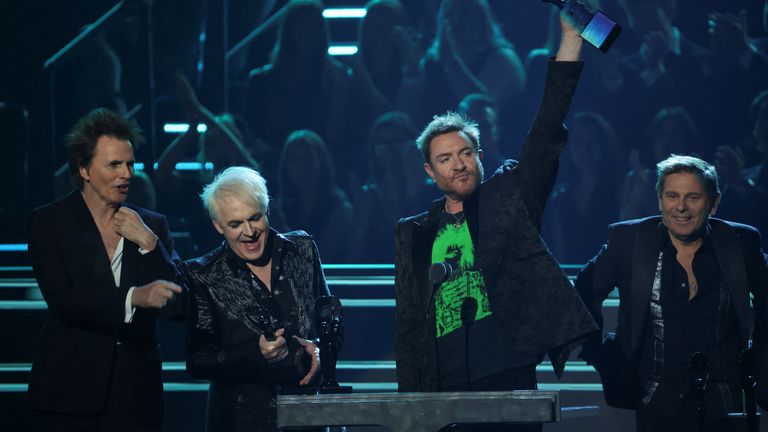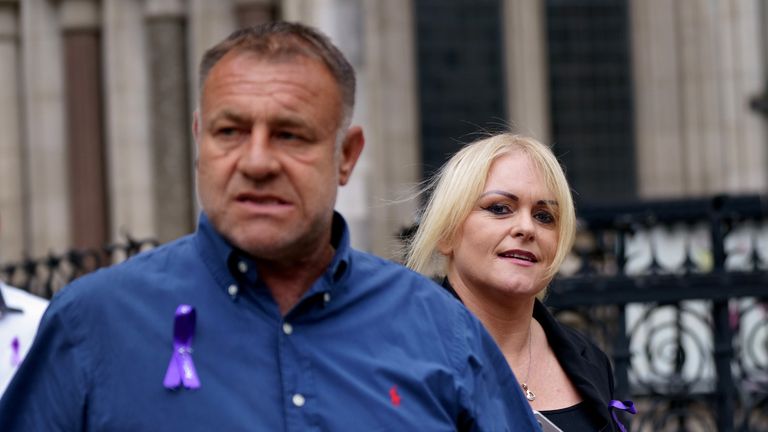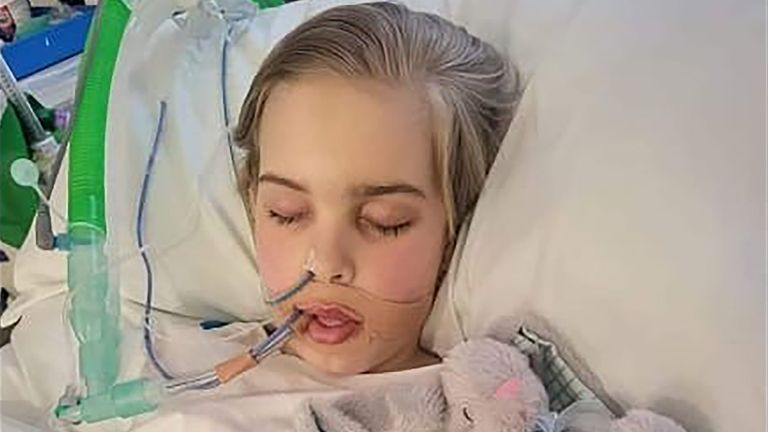Hundreds of people have lost sight due to NHS treatment delays | UK News

Hundreds of people have lost their sight due to treatment delays caused by NHS backlogs, it has been revealed.
NHS England figures, released after a Freedom of Information request by the Association of Optometrists (AOP), showed that more than 200 eye care patients had suffered because of long waits for care since 2019.
Of those, 99 incidents involved “severe harm” and 120 “moderate harm” – including one patient who went blind in their left eye after going three months without what should have been a monthly injection.
Hundreds more people are suspected to have been affected by what the AOP described as a “health emergency”.
The backlog for ophthalmology appointments in England is the second-largest in the NHS, standing at 628,502 – with 27,260 waiting a year or more.
Nearly half of UK optometrists are now seriously concerned about the number of patients who could lose sight unnecessarily because of NHS backlogs, the AOP warned.
People ‘terrified’ of going blind
It comes after a poll revealed more than half of Britons who have needed treatment for macular eye conditions in the past two years have experienced a delay waiting for an appointment or care.
Nearly half of the 498 people surveyed have experienced a loss or decline in vision during this time.
Cathy Yelf, chief executive of eye charity Macular Society, said people are “terrified” at the prospect of going blind.
Read more:
NHS set to miss two key recovery targets
Hundreds of pharmacies at risk of closure
The AOP is calling on the government to adopt a “national strategy for eye care” to tackle the issue, including allowing more community optometrists to provide care and follow-up services to reduce pressure on the NHS.
AOP chief Adam Sampson said: “There are good treatments available for common age-related eye conditions like macular degeneration, but many hospital trusts simply do not have the capacity to deliver services.”
“It’s incomprehensible and absolutely tragic that patients are waiting, losing their vision, in many parts of the country because of the way eye healthcare is commissioned,” he added.
The Department of Health and Social Care said the NHS was making good progress in reducing wait times and is working towards eliminating delays of a year or more for elective care by March 2025.
The government plans to spend more than £8bn between 2022 and 2025 to support elective recovery.
“No one should have to suffer avoidable sight loss, and we are taking action to improve access to services, including appointing a national clinical director for eye care to oversee the recovery and transformation of services, so patients receive the care they need,” said a spokesperson.
“We are also investing in the ophthalmology workforce, with more training places provided in 2022 – and even more planned for 2023 – alongside improved training for existing staff.”




